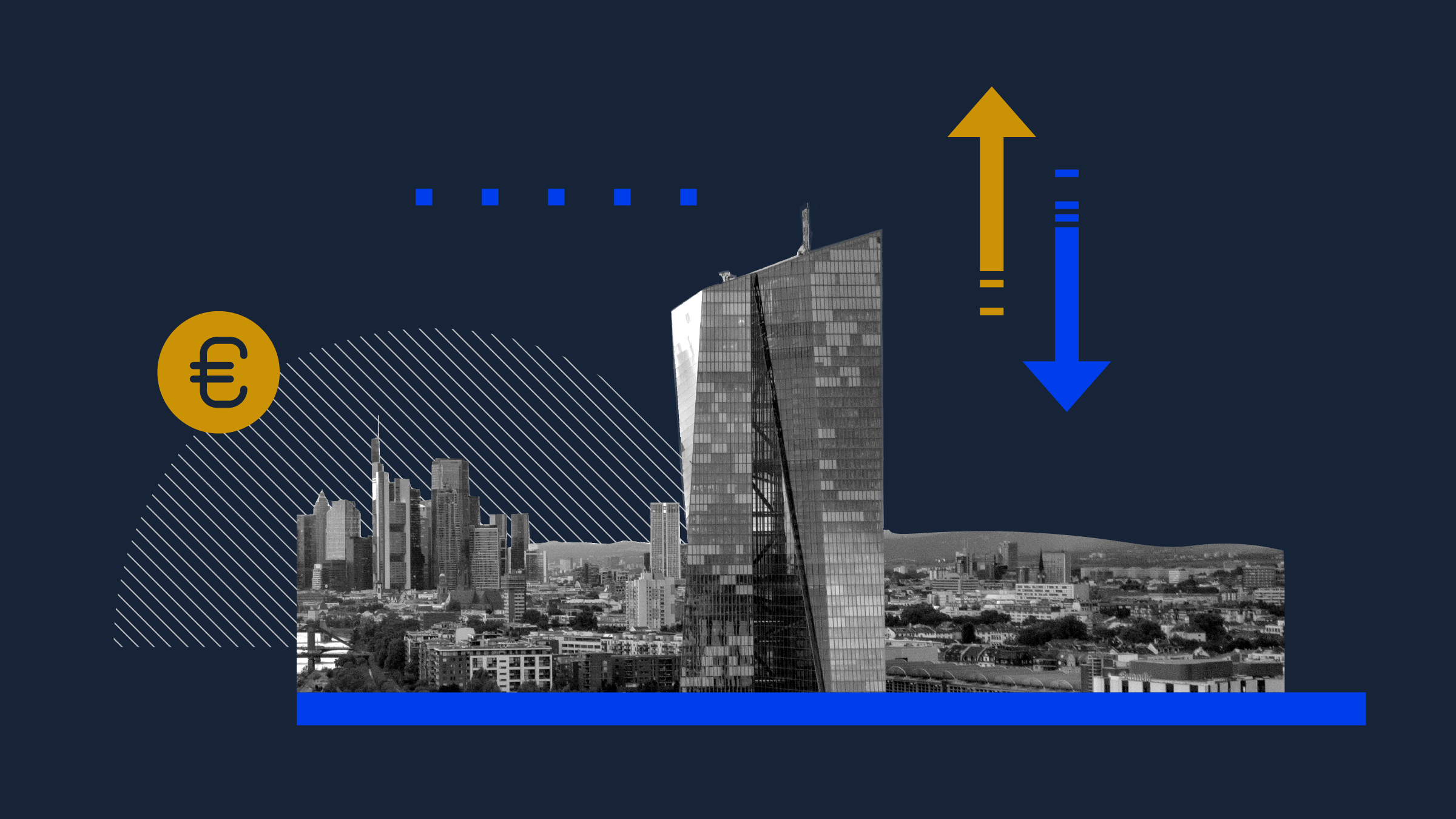Shortly after Bill McNabb took over as Vanguard CEO from Jack Brennan in late 2008, the global financial system faced Armageddon. By the start of this year, the end was no longer nigh, and Vanguard had once again emerged from a crisis not only as a survivor but, arguably, as a big winner. Investors have flooded the family with money, and its funds, by and large, have held up well. I recently spoke with McNabb, who recently also took over as Vanguard chairman, about his still-short tenure, what may lie ahead for the world's largest fund family, and investing in general. An edited transcript of our conversation follows.
Q. In terms of asset growth and fund flows, it has been a strong decade for Vanguard. What can trip up Vanguard going forward?
A. I think for any company in our business, ultimately, reputation is vital. It's a business built on trust, for us, arguably, more so than anyone else. The unique ownership structure we have, the way we do business--all really are built upon a tremendous implicit trust between our investors and us. Anything we could do to violate that trust would put us in a very precarious situation.
Q. Fees went up after assets fell in 2008. Now that assets have recovered, will fees come back down?
A. The short answer is "yes," but as you know, we don't really "raise fees" or "lower fees." They are a product of what it costs us to run the place, divided by the assets. The assets shrank so quickly (in 2008 and early 2009) that even with the most aggressive cost-cutting you could imagine, expense ratios were going to go up a little bit … That said, we've had a tremendous run-up in assets. We continue to invest aggressively in the business. But as we stand today, I would expect expense ratios to be trending back down.
Q. Have any of those cost cuts been reinstated?
A. We figured out how to do certain things more efficiently as a result of the downward pressure, and you don't give that back up when the market recovers. The efficiencies are still there. For example, peoplewise, we're only a couple hundred people bigger than we were in 2000. It's a different mix, to be fair, but from an overall size standpoint, it's not that much different. Between technology and some of the things we've done to improve our own internal processes, we've gained a lot of efficiency, because we're a lot bigger--not just assetwise, but accountwise and servicewise--than we were a decade ago.
Q. In recent years, other firms have cut their index fund fees below those of Vanguard's. Why doesn't Vanguard answer those fee cuts?
A. A lot of it has been a fund here or a fund there, and some of it's been temporary. We're looking at fees all the time. I'm encouraged that we're having such an impact on people that there's finally fee competition. For a long time, it didn't seem like anybody was paying attention to the fee question, and now there seems to be a lot more emphasis on it. We've tended not to respond to one-off situations, but I can assure you, we think very hard strategically about where we want to be, and we want to be a low-cost provider. Whether that means every single product, I doubt it. But for broad-based stuff, you can expect us to keep focusing on how to do a better job there.
Q. Vanguard recently revised its SEC application to issue ETF shares for the actively managed Vanguard Inflation-Protected Securities. Will other active Vanguard funds get ETF shares?
A. It's not that likely on the equity side, and in different bond categories probably also not that likely. The full transparency you're required to provide is a stumbling block for active managers. Putting forth that amount of transparency to the Street is something most active--especially active equity--managers just aren't that excited about doing. It's why the T. Rowe thing is so interesting to watch. On the TIPS side, even though our TIPS fund is technically an actively managed fund, there's no magic, if you will, in what's being done there. I mean, there's a very limited universe of TIPS available, and I think everybody knows what everybody's buying, and, with no disrespect to what our TIPS portfolio-management team does, it seemed to us that providing transparency there was going to in no way be detrimental to the shareholder.
Q. What scares you?
A. The market feels a little frothy. We have an economy that's still very fragile, and we're working our way through that. We pay a lot of attention to those factors, and they continue to make us nervous at a macro level. If you want to get a little bit more micro, we talked a lot about regulation and what the impact of that would be. Some could be very positive, by the way. It's just how that all plays through--you worry about it until you know. I worry a little bit about rising rates. I think the industry must be closing in on $300 billion in inflows into bond funds. Quite a bit of that is money moving out the yield curve, from either bank products or our own money funds. You do worry: Have investors forgotten that when interest rates go up, bond prices go down?
A version of this story appeared in a recent edition of Vanguard Fund Family Report.
























